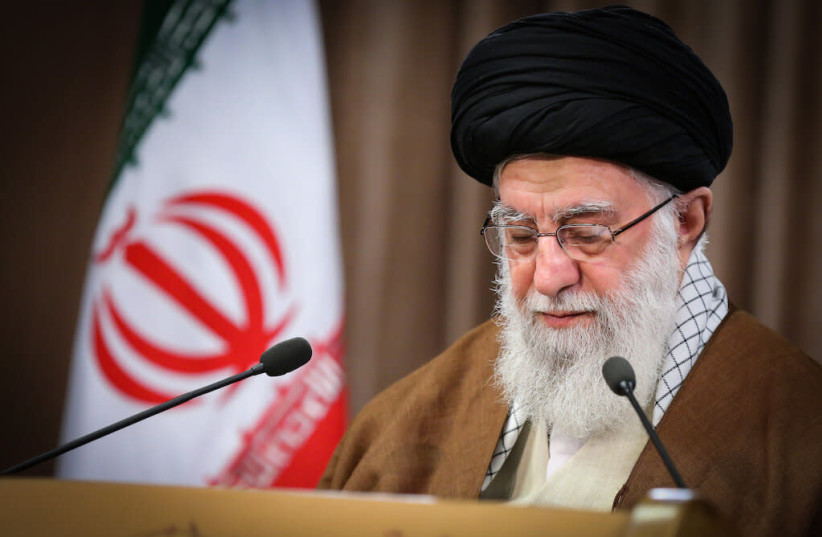Iranian Foreign Minister Abbas Araghchi addressed the “complex challenges” facing Syria and the broader region in a recent discussion, a recent report said.
The report reflects the importance that Iran places on trying to find a way back to Damascus after the fall of the Assad regime. For now, it appears Qatar and Turkey are moving quickly to open diplomatic posts in Damascus and work with the new authorities there. Iran wants to get back into Syria in order to move weapons to Hezbollah.
Iran’s foreign minister is tasked with trying to figure out how to begin the first steps of this process. He has said that he is “emphasizing the Syrian people's resilience and the necessity of political solutions rooted in inclusivity,” the Iranian state media report said.
This is based on an article in Al-Akhbar media in Lebanon. The media group is considered pro-Hezbollah.
“Araghchi praised the Syrian people for their historical resistance, citing their courage during the October 1973 war and their steadfast support for the Palestinian cause, despite attempts to separate Syria from the Axis of Resistance,” the report said.

Iran worried about Syrian power vacuum
Iran is concerned that ISIS could benefit from the power vacuum in Syria. Iran also wants to highlight what it sees as Israeli “aggression.”
Araghchi accused Israel and the US of making “strategic miscalculations.” Israel has carried out around 400 strikes on Syria in the last week, destroying Assad’s key military assets so that they won’t fall into other hands. Israel has also been striking remaining Iranian assets in Syria, such as bunkers that hold missiles, according to various foreign reports.
According to the IRNA report, the Iranian foreign minister has discussed what will come next.
“Looking ahead, he stressed the importance of unity and coexistence among Syrians as the foundation for a political solution. He advocated for free elections, enabling all Syrians to determine their nation’s future. This approach, he argued, aligns with the principles of UN Security Council Resolution 2254 and forms the cornerstone of Iran’s foreign policy towards Syria,” the report said.
Iran is also trying to focus on airstrikes by Israel in Syria.
This is designed to make it seem Israel is the main enemy of Syria, as opposed to Iran, which has backed Assad for many years.
“Zionist regime conducts fresh strikes on Syria,” Iran’s IRNA media said on December 14.
